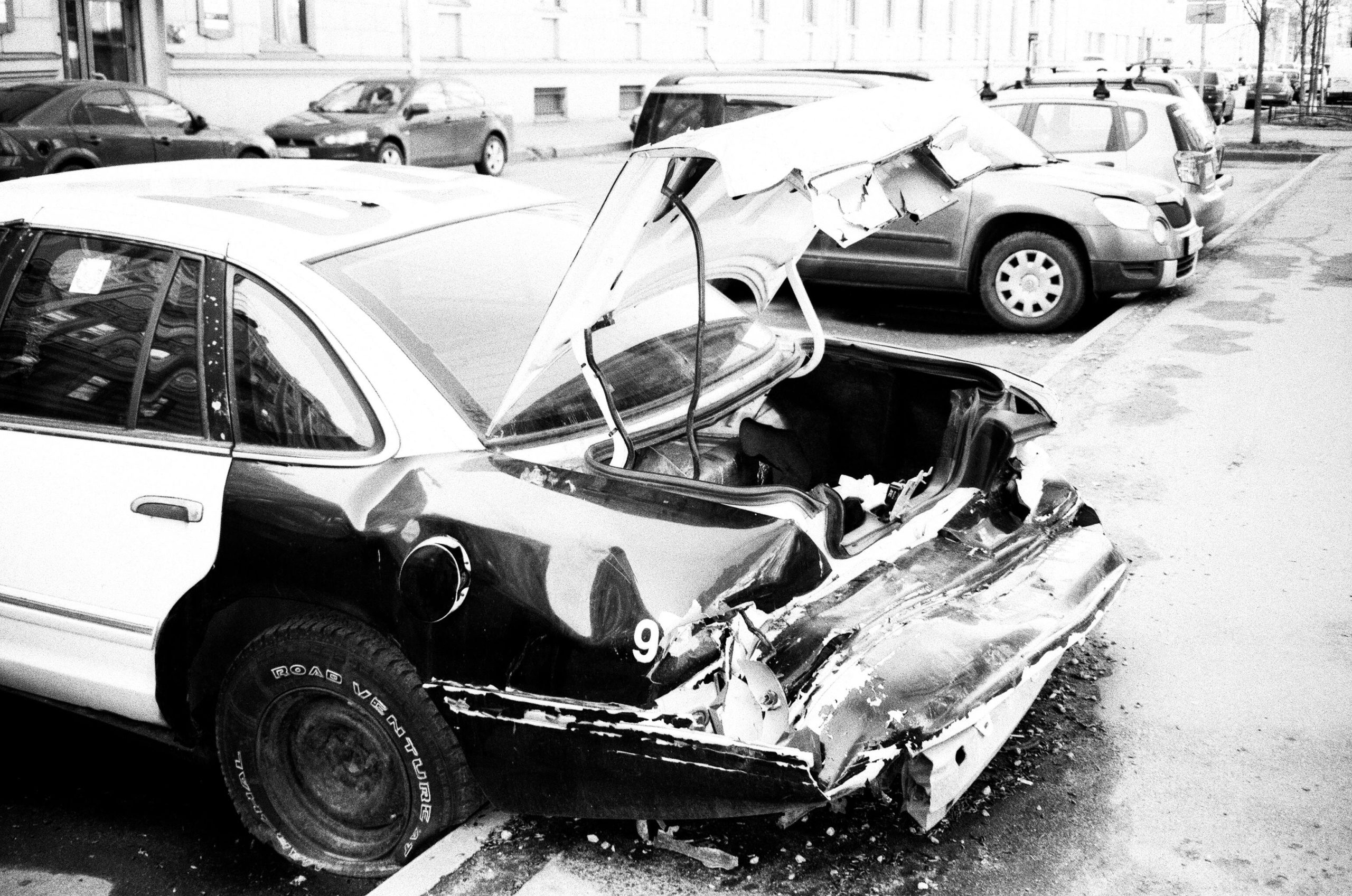 A recent Louisiana Court of Appeal decision has underscored the significance of expert testimony in medical malpractice cases. The case, Mariakis v. North Oaks Health System, involved a wrongful death lawsuit alleging that the hospital failed to provide adequate care, leading to the patient’s death. The trial court initially granted summary judgment in favor of the hospital, but the Court of Appeal reversed this decision, highlighting the necessity of expert evidence to resolve complex medical malpractice claims.
A recent Louisiana Court of Appeal decision has underscored the significance of expert testimony in medical malpractice cases. The case, Mariakis v. North Oaks Health System, involved a wrongful death lawsuit alleging that the hospital failed to provide adequate care, leading to the patient’s death. The trial court initially granted summary judgment in favor of the hospital, but the Court of Appeal reversed this decision, highlighting the necessity of expert evidence to resolve complex medical malpractice claims.
Lori Mariakis presented to the emergency department at North Oaks Hospital with severe abdominal and vaginal pain. She was diagnosed with a colitis flare-up and discharged. Five days later, she returned with worsening symptoms and was diagnosed with constipation. However, her condition deteriorated, and she was admitted to another hospital, where she tragically passed away.
Her sons sued North Oaks Health System, alleging that the hospital’s negligence in diagnosing and treating their mother led to her death. The medical review panel initially found no evidence of malpractice. However, the plaintiffs presented an expert witness, Dr. Robert V. West, who opined that the care provided by North Oaks fell below the applicable medical standard of care and caused Ms. Mariakis’s death.
 Insurance Dispute Lawyer Blog
Insurance Dispute Lawyer Blog


 In the realm of workers’ compensation, ensuring injured employees receive necessary medical treatment can sometimes be a battle. A recent Louisiana Court of Appeal decision, Deubler v. Bogalusa City Schools, highlights the complexities surrounding the Louisiana Medical Treatment Guidelines and the process of obtaining authorization for treatment. This case serves as a reminder of the importance of adhering to these guidelines while also recognizing the need for flexibility when circumstances warrant it.
In the realm of workers’ compensation, ensuring injured employees receive necessary medical treatment can sometimes be a battle. A recent Louisiana Court of Appeal decision, Deubler v. Bogalusa City Schools, highlights the complexities surrounding the Louisiana Medical Treatment Guidelines and the process of obtaining authorization for treatment. This case serves as a reminder of the importance of adhering to these guidelines while also recognizing the need for flexibility when circumstances warrant it. A recent ruling from the
A recent ruling from the  A recent
A recent  In the complex world of insurance coverage disputes, a recent
In the complex world of insurance coverage disputes, a recent  A recent decision by the
A recent decision by the  A recent
A recent  In a recent Louisiana lawsuit, a woman’s attempt to sue her ex-husband for damages related to alleged domestic abuse during their marriage was initially blocked by the doctrine of res judicata. However, the
In a recent Louisiana lawsuit, a woman’s attempt to sue her ex-husband for damages related to alleged domestic abuse during their marriage was initially blocked by the doctrine of res judicata. However, the  The Louisiana Court of Appeal recently reversed a decision of the Civil Service Commission (CSC) that upheld the termination of a public employee for gambling while off-duty. The case involving Carnell Collier, a Quality Assurance and Safety Inspector for the Sewerage and Water Board of New Orleans (
The Louisiana Court of Appeal recently reversed a decision of the Civil Service Commission (CSC) that upheld the termination of a public employee for gambling while off-duty. The case involving Carnell Collier, a Quality Assurance and Safety Inspector for the Sewerage and Water Board of New Orleans ( Leotis Johnson, an employee of the
Leotis Johnson, an employee of the